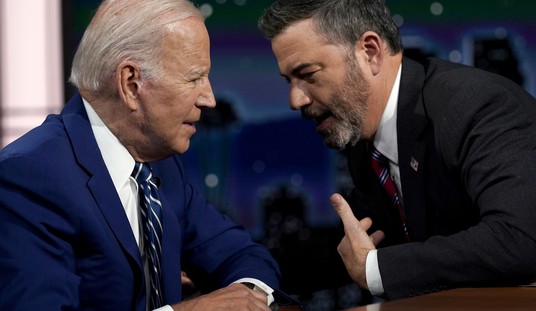A split in Benjamin Netanyahu’s government has led to the firing of Defense Secretary Yoav Gallant. This highlights the stark choices that the Trump Administration faces when it comes to a new United States foreign policy towards Israel.
Netanyahu essentially wants to continue prosecuting the war as is. In practice, that means turning northern Gaza into an uninhabitable wasteland cleared of people. Gallant wanted there to be a peace plan so he could work out a joint command with Palestinians to govern Gaza, bring home the hostages, and stop the fighting.
Gallant essentially made three demands of Netanyahu and was fired for his troubles. Here is his press conference.
What is shocking about it is that he is asking for a full investigation into how he and his boss, Netanyahu, failed to protect Israel from the Oct. 7, 2023, attack that started the war. Either he knows something we don’t know, or he is that rare public figure who wants accountability even for his own failures. This would certainly shock Diogenes, the ancient Greek who wandered the streets of Athens with a lighted lamp in the daytime, searching for an honest man. In calling for a “national commission of inquiry,” Gallant said, “Only sunlight and investigation will help us learn the lessons.”
The International Criminal Court has charged both Netanyahu and Gallant with war crimes, and such a homegrown investigation by Israel itself could provide unflattering discovery material for that prosecution. The mass slaughter of civilians in Gaza has shocked the world. It has forced the world to ask whether these are legitimate war aims or the ethnic cleansing of genocide.
These killings could either be orders from the top or simply rogue military forces venting their anger, as at the My Lai Massacre in the Vietnam War. In World War II, Gen. Patton was the best at controlling his troops from freelance slaughter. Not every general is a Patton. He practiced the ancient military code of respecting his enemies and civilian populations even as he outfoxed them on the field of battle.
Gallant also disputes Netanyahu’s failure to enforce an Israeli Supreme Court ruling that the Orthodox and Ultra-Orthodox exemption from military service must be ended. Despite all the smoke and mirrors, Israel is not doing well in the war. This is for many of the same reasons that Ukraine is not doing well in the war. The world can give you all the weapons it wants, and air power can give you dominance in many ways, but ultimately, war is a ground game.
Ground wars need manpower. And the more of your fighters who die in the process, the weaker your manpower grows and the longer troop rotations have to be. And for Israel that means more older reservists who aren’t working their day jobs. Gallant defiantly said, “Everyone must serve in the IDF.”
The third issue is the return of the hostages. Gallant said, “It entails compromises, some of them heavy. The state of Israel will remain standing under these concessions.” The implication of this statement is that without serious negotiations, Israel would be at greater military risk.
Wide-ranging estimates in Israeli publications say that anywhere from 60,000 to half a million residents of Israel have left since 2023. And since Israel failed to achieve a quick victory and is now expanding the war into Lebanon, it faces a war of attrition that could go on another one or two years. At the current pace, if Netanyahu is serious about his stated war goals of bringing the hostages home and eliminating Hamas and Hezbollah while neutralizing Iran as a threat, active military and reservists will have to be in the line of fire for years. This is without calculating the inevitable setbacks of battle, including the risk of defeat.
There was no knockout punch in October 2023, and Israel now has to go the full 15 rounds with the walking wounded and the body bags of the dead pilling up on both sides. Which side has more bodies to throw into the pit of destruction is an open question. But there is no question that Israel’s economy is one of the walking wounded. Dysfunctional economies rarely win wars requiring unconditional surrender by their enemies. Gallant says he was ready to accept a painful compromise to end the fighting. That belief cost him his job.










Join the conversation as a VIP Member